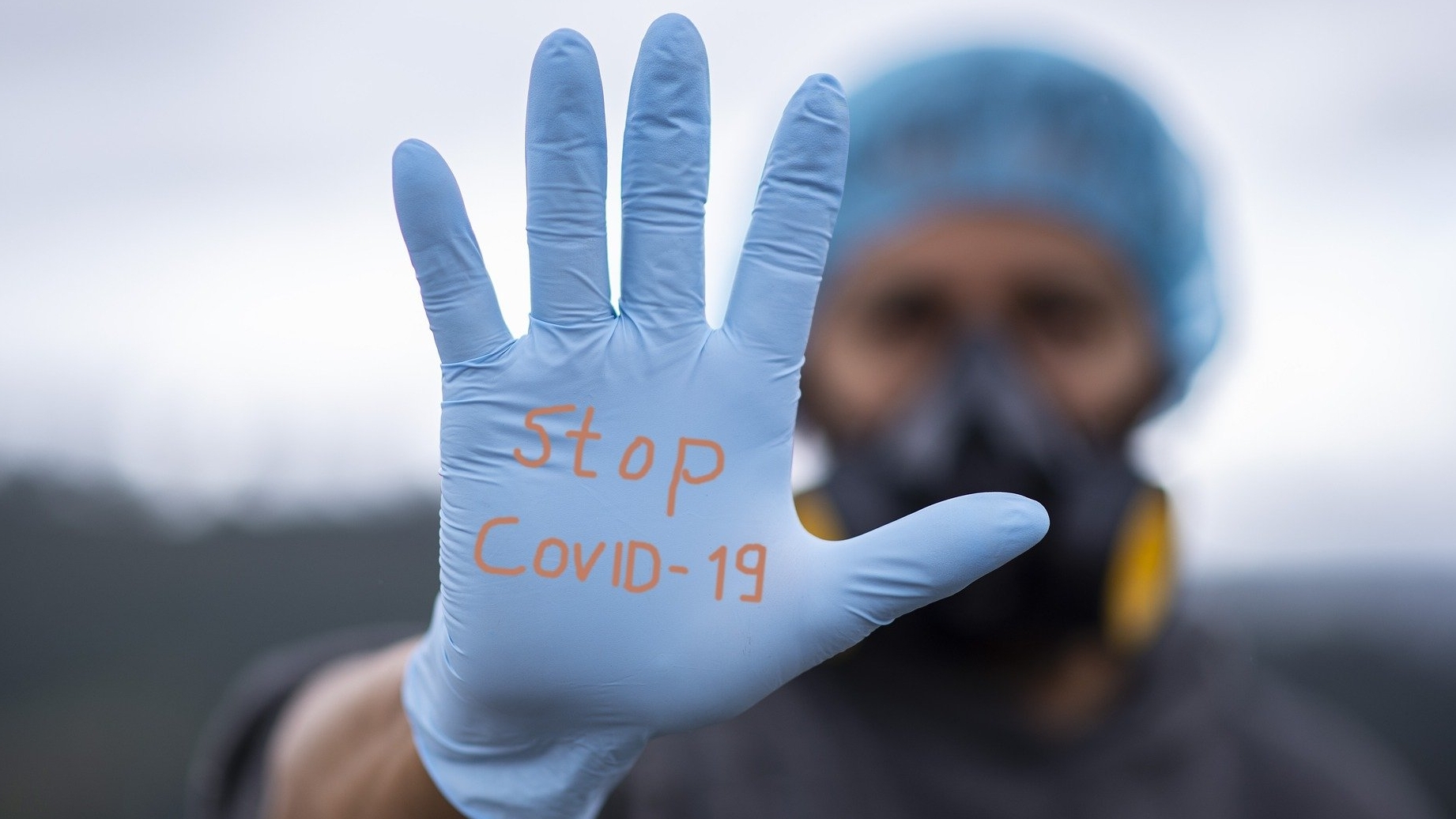Researchers at Ben-Gurion University of the Negev (BGU) in Israel, in collaboration with Rice University in Houston, Texas, USA, have developed a laser process that can be used to produce graphene networks (LIG, laser-induced graphene). It is marketed by LIGC Application Ltd. with the aim of offering components for filter systems that can also render Covid-19 viruses harmless, among other things.
The process for producing the electrically conductive graphene networks uses a commercially availableCO2 laser. The porous graphene works like an insect trap. If germs in the air flowing through the filter come into contact with its surface, they are inactivated or killed at a voltage and current that is harmless to humans. The LIG-based active air filters are suitable for killing organic particles including bacteria, spores and viruses in micron and submicron sizes. Organic particles and germs are inactivated and neutralized with comparable effectiveness to conventional activated carbon filters, UV-C and fiber HEPA filters used in many areas from schools to airplanes. Because the LIGC active filters use low voltage, less dense filter media can be used. This means lower energy consumption. Further advantages are lower maintenance costs and safety during maintenance and replacement.


